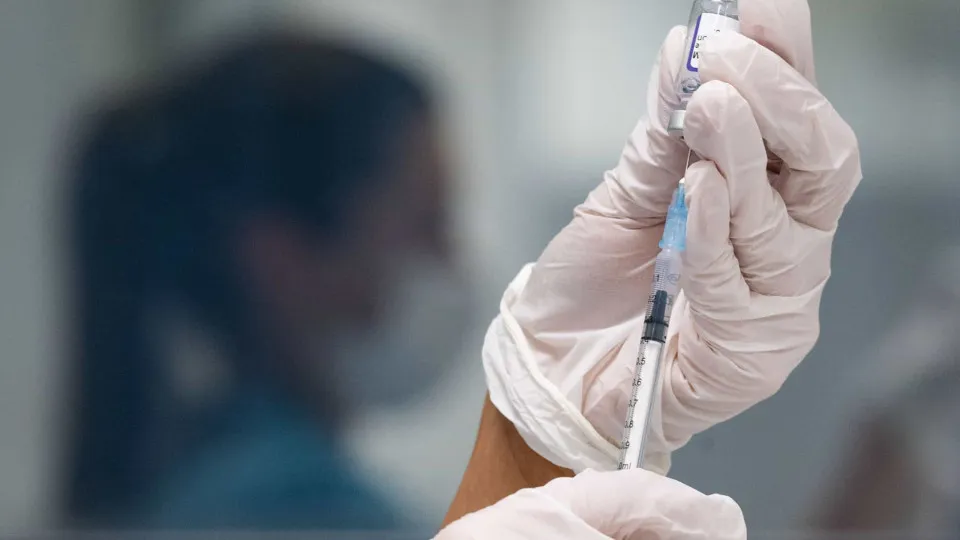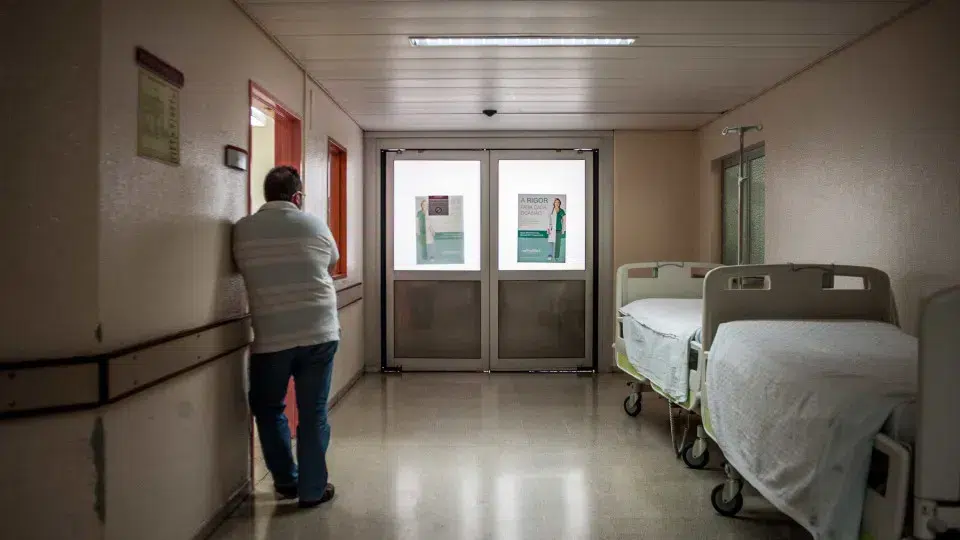
The National Vaccination Program (PNV), marking its 60th anniversary on Saturday, has been instrumental in reducing the infant mortality rate to 2.98 deaths per thousand live births in 2024, a significant drop from 76 in 1960.
“Our vaccination program’s success is undeniable,” said pediatrician Gonçalo Cordeiro Ferreira in an interview. Ferreira, the former director of Pediatrics at Hospital Dona Estefânia in Lisbon, worked there for several decades until his retirement in 2023 and observed the program’s evolution and its impact on child health.
When he began his residency at Hospital D. Estefânia in 1985, the hospital environment was quite different.
“I remember visiting the infectious disease wards, which were filled with children suffering from meningitis,” he recalled, noting that some cases had fatal outcomes while others resulted in lifelong complications.
At that time, the PNV was not “a comprehensive program” but included most essential vaccines to prevent “very serious diseases” such as tetanus, diphtheria, and polio.
Ferreira noted that the measles vaccine was administered after the first year of life, sometimes at 15 months or later, potentially leading to lower vaccination uptake.
He recalled a “large measles epidemic, with numerous hospitalizations and some mortality” early in his residency, prompting a vaccination campaign.
The campaign was effective, but five years later, another epidemic occurred, albeit less severe than the first. Only after these two major epidemics did people systematically start getting vaccinated, leading to the near eradication of measles in Portugal.
Despite high vaccination coverage, Portugal has recorded imported measles cases, so vigilance must remain high. “Measles is very dangerous because a small oversight can allow the virus to spread rapidly,” he cautioned.
For Gonçalo Cordeiro Ferreira, introducing the combined measles, mumps, and rubella vaccine was “a step forward” in vaccination, followed by other significant milestones that have saved thousands of lives.
He highlighted the progressive inclusion of vaccines against various forms of bacterial meningitis, starting with Haemophilus influenzae type b, followed by pneumococcus and later meningococcus C and B.
He also pointed to “a significant advance” with the hepatitis B vaccine, noting that when he began working in pediatric gastroenterology, there were many cases of this disease, primarily transmitted from mother to infant at birth.
“The current vaccine, which is a molecular engineering vaccine, is fantastic, safe, and has virtually eliminated hepatitis B in Portugal, Europe, the United States, and significantly in Asia and Africa,” he emphasized.
He also highlighted the importance of free vaccination against the Respiratory Syncytial Virus (RSV), which since last year has “completely changed” the number and severity of hospitalizations, but argued that it should be extended to all children under one year.
Regarding vaccines that should be included in the program, Gonçalo Cordeiro Ferreira mentioned hepatitis A, noting that it is already subsidized and that “a small effort” would suffice to include it.
The chickenpox vaccine could also be included because, while “a relatively benign disease,” it can have serious complications and require a child to stay home for a week, impacting family life.
However, the pediatrician acknowledged that Portugal is “financially limited”: “We must choose what offers the best balance between costs and benefits, and therefore, we also understand that we cannot have everything at once, but we are moving towards it.”
Despite the progress made, the pediatrician stated that there is still much to be done, as many of these bacteria continue to evolve and evade vaccines.
“It’s a constant struggle (…), but it’s a fight worth fighting,” he emphasized.
He pointed out that vaccines are urgently needed for diseases such as HIV – “perhaps the most important” – malaria, which would be “a boon for all humanity,” and hepatitis C, which remains “a focus of chronic liver infection, even though there are treatments.”
For Gonçalo Cordeiro Ferreira, “the great progress” in child health resulted from two essential factors: “Improved hygiene conditions – piped water, sanitation, better roads, and better housing conditions – and vaccines, which, even more than antibiotics, truly revolutionized infectious diseases.”




